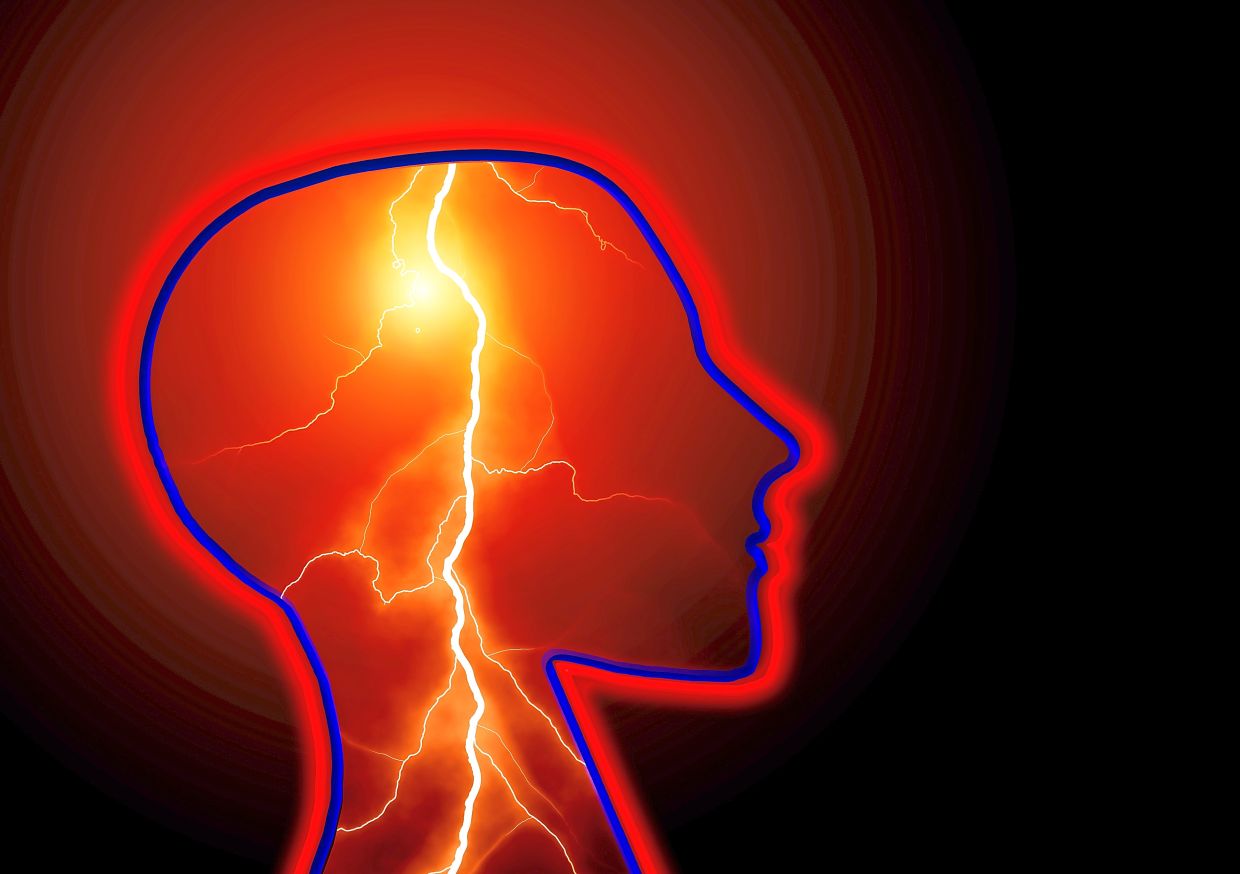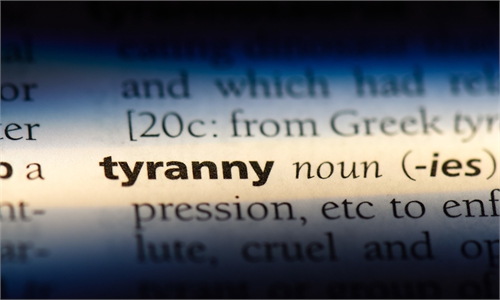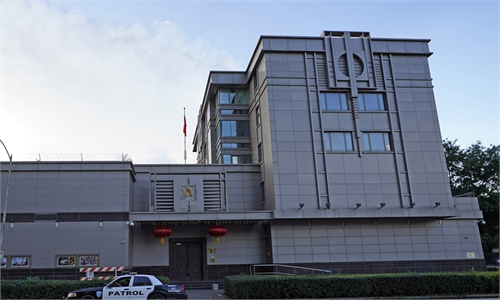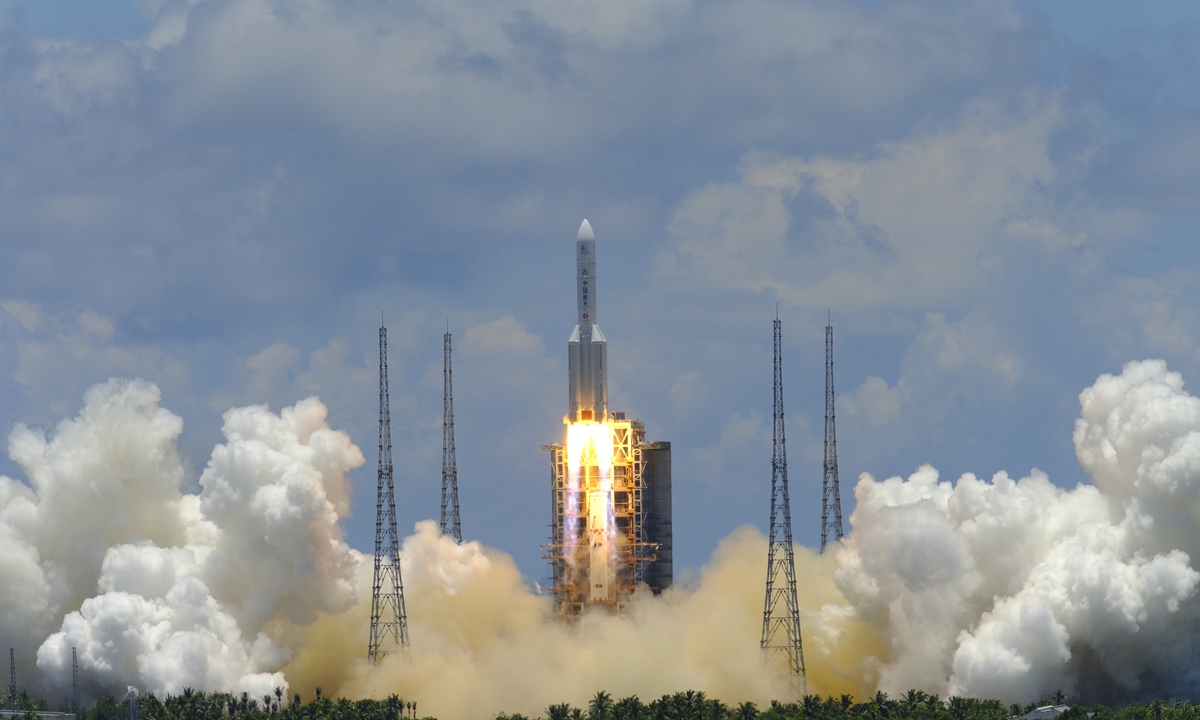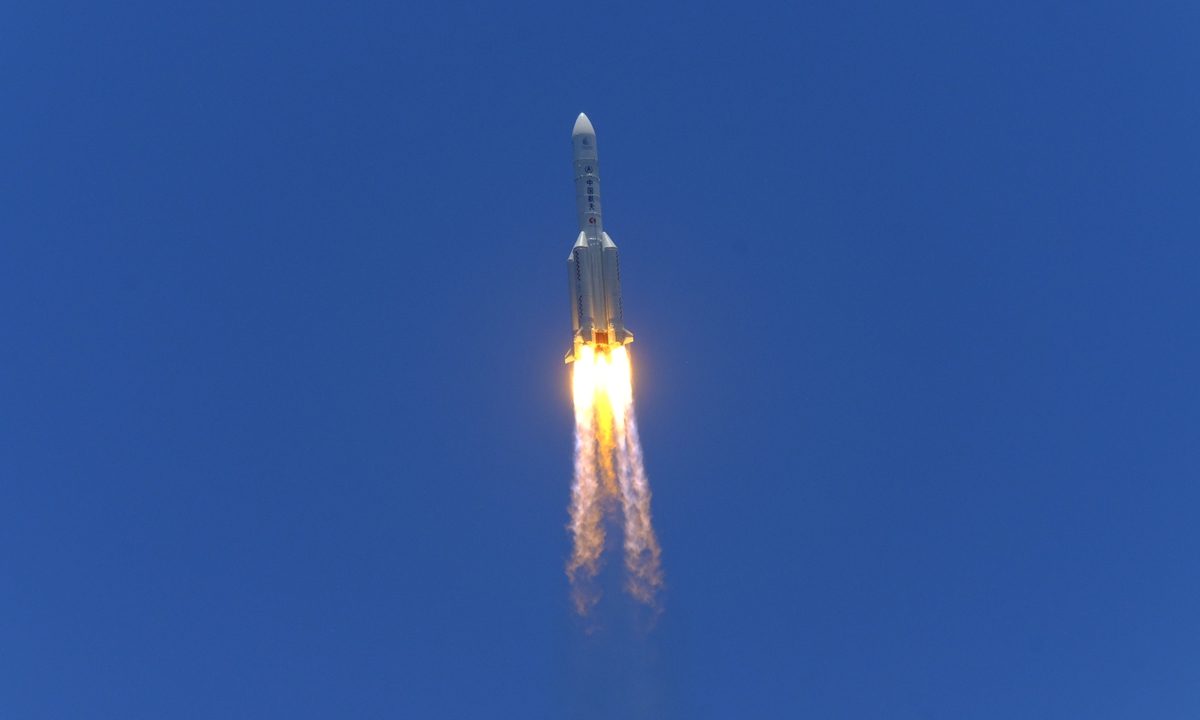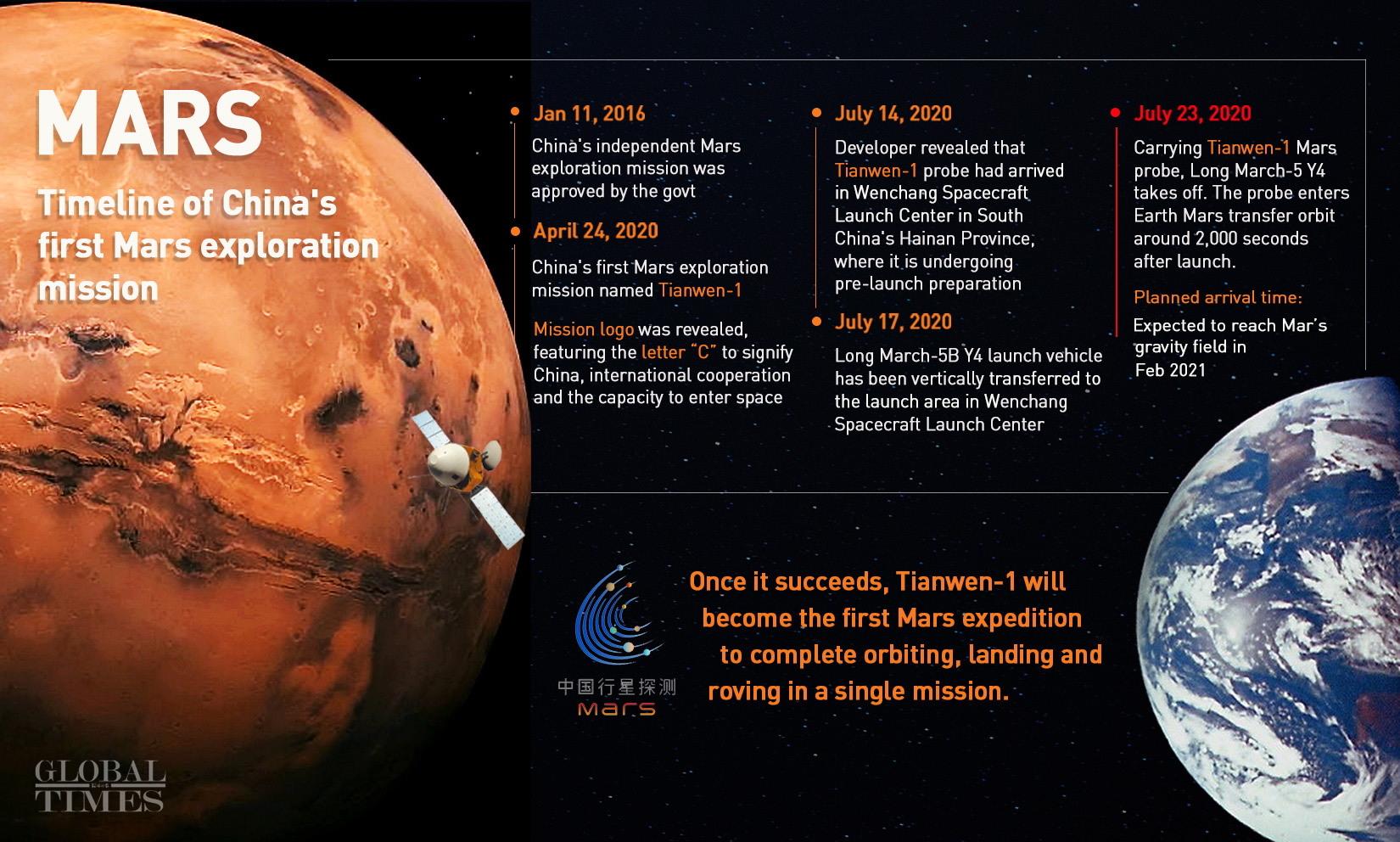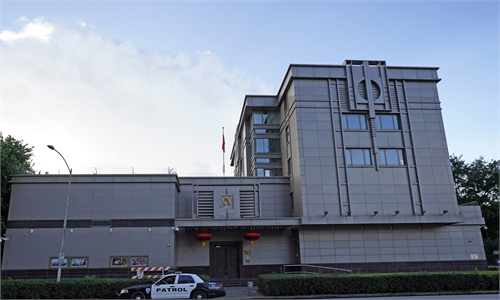Stroke kills more women than men each year but there are preventive steps you can take to minimise your risks.
IN Malaysia, strokes are the third leading cause of death for women, following heart attacks and pneumonia.
For some unknown reasons, many women choose not to join a post-stroke rehabilitation programme.
It is more deadly to women than breast cancer, and if it doesn’t kill you, can leave you with permanent disabilities.
A stroke is sometimes known as a “brain attack.”
It occurs when blood flow to a part of the brain is blocked by a blood clot or plaque, and brain cells begin to die.
Here are some facts about how strokes affect women differently from men:
> More women have strokes later in life.
> After age 85, stroke affects many more women than men.
> It is twice as common for women between 20 and 39 to have a stroke compared to men of the same age.
> Having a history of problems during pregnancy like gestational diabetes or preeclampsia.
> Using hormonal birth control while smoking.
> Being on menopausal hormone therapy during or after menopause.
> Experiencing migraines with aura, atrial fibrillation (irregular heartbeat), and diabetes.
Many strokes are preventable and treatable.
By knowing your risk factors and making healthy changes, you can minimise your risks of experiencing a stroke.
Three types of stroke
Ischemic stroke is the result of blockage of blood flow to the brain. This is the most common type of stroke, and it happens most often when a person has a blood clot or atherosclerosis, a condition when an artery is clogged with plaque
Hemorrhagic stroke, caused by bleeding into the brain.
This type of stroke happens when a blood vessel in the brain bursts, and blood bleeds into the brain.
An aneurysm, which is a thin or weak spot in an artery that can burst, is responsible for this type of stroke.
Mini-stroke, also called a transient ischemic attack or TIA, can happen when, briefly, less blood than normal flows to the brain.
TIA usually lasts only a few minutes or up to several hours. Many people aren’t even aware that they had a stroke.
Stroke affects different parts of the brain, and depending on which part, you may experience problems with speech, movement, balance, vision or memory.
Division of brain
The brain is divided into four main parts: right hemisphere; left hemisphere; the cerebellum; which controls balance and coordination; and the brain stem, which controls all of our body’s functions that we don’t think about, such as heart rate, blood pressure, sweating and digestion.
A stroke can happen in different parts of the brain.
In the right half of the brain, a stroke can cause:
> Mobility issues on the left side of your body.
> Problems with misjudging distances. This can cause falls, or inability to guide your hands to pick something up.
> Short-term memory loss. You may be able to remember events from 10 years ago, but may forget the directions to your regular grocery store.
> Misjudgement of abilities to do things and unusual behaviour such as leaving your house without getting fully dressed.
In the left half of the brain, a stroke can cause:
> Mobility issues on the right side of your body.
> Difficulty completing everyday tasks quickly.
> Trouble speaking or understanding others.
> Memory problems, or a tough time learning new things.
In the cerebellum, a stroke can cause:
> Dizziness, nausea (feeling sick to your stomach), and vomiting.
> Stiffness and tightness in the upper body that can cause spasms or jerky movements.
> Balance problems.
> Eye problems, such as blurry or double vision.
In the brain stem, strokes are most harmful.
Impulses that start in the brain must travel through the brain stem on their way to the arms and legs, so individuals that suffer a stroke in the brain stem may also develop paralysis.
Beware of these symptoms
Some women are more at risk because of certain health problems, family health history, age and habits. These are called risk factors.
There are certain risk factors that cannot be changed, such as age, race or ethnicity, or family history. The only thing that you can do is to control other stroke risk factors, such as high blood pressure, diabetes, smoking and unhealthy eating.
Common symptoms of stroke include:
> Trouble seeing in one or both eyes.
> Severe headache with no known cause.
> Trouble walking, dizziness, or loss of balance or coordination.
> Numbness or weakness of face, arm, or leg, especially on only one side of the body.
> Confusion or trouble speaking or understanding.
Recovering from stroke
The process of recovery can take a lot of time and depends on many factors, like the type of stroke you had, the area of your brain affected, and the amount of brain injury.
Recovery begins once you are medically stable, and this is within a day of suffering the stroke.
Your next steps will involve changes in everyday habits, medicines and rehabilitation.
In some cases, surgeries may be needed to lower the risk of another stroke.
The first step is to learn about your condition and what you should do during recovery.
Your doctor, nurses and physical therapist can answer questions you may have about about the treatment and rehabilitation.
The next critical step is to take steps to prevent another stroke from happening.
Stroke patients are always at a higher risk of having another down the road, so you need to:
> Identify and control your personal risk factors.
> Be consistent with your treatment plan. It is designed to help you recover from your stroke and prevent a recurrence.
> Continue taking medications even if you feel better. Discuss with your doctor before making changes. Also, determine the rehabilitation services you will need.
For unclear reasons, many women do not join a post-stroke rehabilitation programme.
After a stroke, you will often recover some function in the first few months. This is part of the body’s natural healing process.
But women who do go to stroke rehabilitation reap the following benefits:
> Regain as much independence as possible.
> Relearn skills and abilities that were damaged or lost.
> Learn to cope with any remaining limitations.
Setting a goal
 |
| Settling a goal can motivate you to measure your progress - TNS |
Another important step is to set goals for your recovery.
You need to set realistic and measurable goals for recovery in every area of your life that has been affected.
 Stroke recovery may be fast in the first few months, but it may slow down eventually.>>
Stroke recovery may be fast in the first few months, but it may slow down eventually.>>
When you set goals, it can motivate you to maintain progress.
Create a timeline for achieving long-term goals.
Take a multi-step approach for each goal and celebrate the short term wins when you gain them. And finally, don’t give up! The aftermath of a stroke can make patients feel powerless.
Part of your recovery is determining how to live as independently as possible.
Be reasonable with yourself, and be prepared to face challenges as you adapt to the differences in how your body works.
The road to stroke recovery may not be easy, but by focusing on celebrating your progress at every step, you can reach your goals.
Ensure you also have adequate nutrition and nutritional supplements to expedite the healing and recovery process.

Datuk Dr Nor Ashikin Mokhtar is a consultant obstetrician and gynaecologist, and a functional medicine practitioner. For further information, email starhealth@thestar.com.my. The information provided is for educational and communication purposes only and it should not be construed as personal medical advice. Information published in this article is not intended to replace, supplant or augment a consultation with a health professional regarding the reader’s own medical care. The Star does not give any warranty on accuracy, completeness, functionality, usefulness or other assurances as to the content appearing in this column. The Star disclaims all responsibility for any losses, damage to property or personal injury suffered directly or indirectly from reliance on such information.
Source link
Read more:
Remember "FAST": “Face” (does the face look
uneven?), “Arms” (is one arm weak or numb?), “Speech” (does the speech
sound strange?), and "Time" (4.5 hours before brain damage). If you
notice these signs of a stroke, get the person to a hospital as quickly
as possible. — Filepi
Boosting your brain function as you age
Brain Attack (Stroke) - UCLA Neurosurgery, Los Angeles, CA
Brain Attack: Stroke or Brain Attack is a disease that involves the blood vessels that supply blood to the brain - UCLA.
Related posts:
9 Ways to Improve Your Blood Circulation
Anatomy and Circulation of the Heart - WebMD Oxidized
Cholesterol: What You Should Kno..










